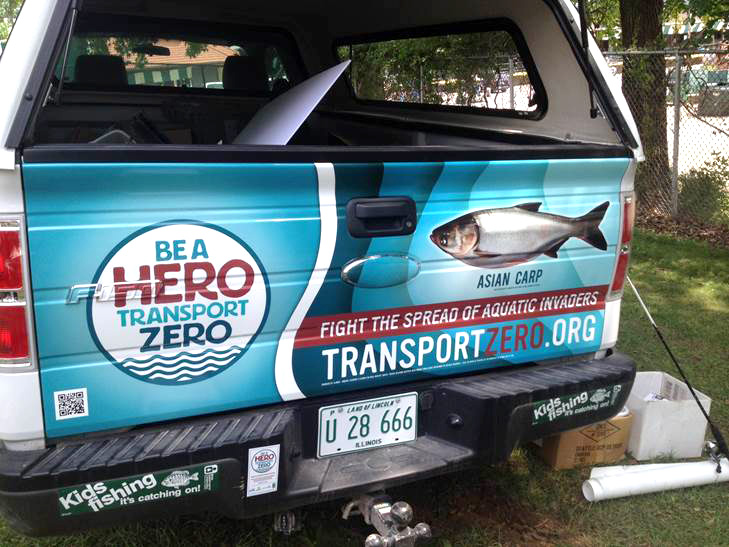Summer is coming to an end, but there is still plenty of fun to be had this weekend. If you’re like us, you’re anxious to hit the road to your favorite beach, boat launch, or fishing spot. But before you do, we have a message that will help keep these places healthy for many Labor Days to come. And you may just see it on the car in front of you.
So what can you do? Just follow three easy steps before you leave the water this weekend:
– Remove any plants, animals, and mud from boats, trailers, and equipment
– Drain everything—bait buckets, live wells, etc.
– Dry everything with a towel
From boaters and kayakers to waterfowl hunters, scuba divers, swimmers, and more, we can all help prevent invasive species from taking over our favorite waterways.



